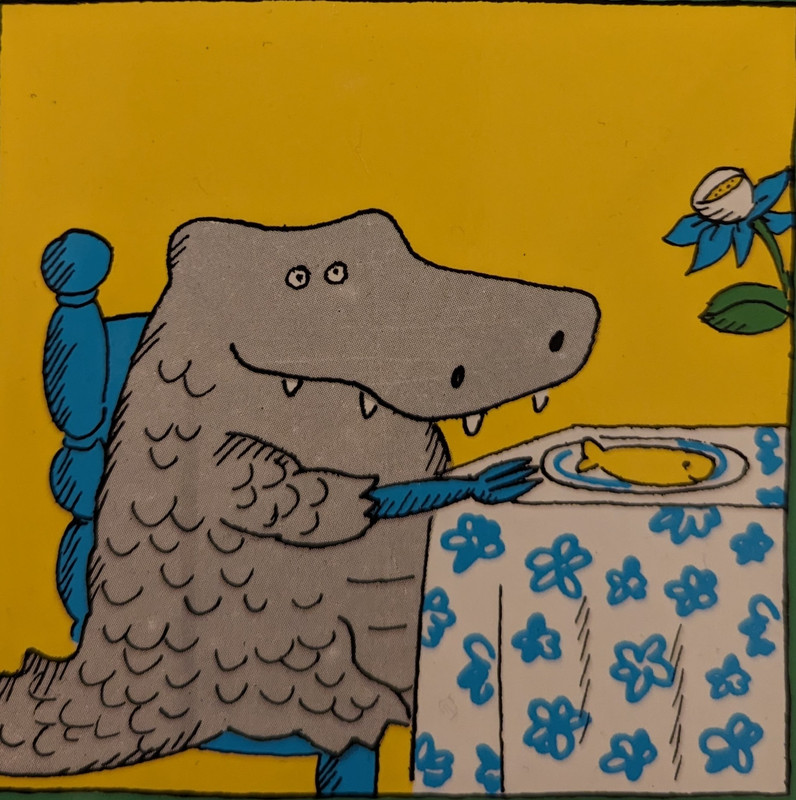- Welcome to Cook'd and Bomb'd.
-
 The Motorsport Thread (Part...
by mojo filters
The Motorsport Thread (Part...
by mojo filters
[Today at 11:47:03 AM] -
 If you had to shag an animal...
by JaDanketies
If you had to shag an animal...
by JaDanketies
[Today at 11:46:25 AM] -
 Taskmaster s17
by Bad Ambassador
Taskmaster s17
by Bad Ambassador
[Today at 11:44:52 AM] -
 The origin of Metal
by Critcho
The origin of Metal
by Critcho
[Today at 11:42:19 AM] -
 Favourite moviegoing experiences...
by Bad Ambassador
Favourite moviegoing experiences...
by Bad Ambassador
[Today at 11:41:47 AM] -
 Football Thread 23-24: Part...
by There Be Rumblings
Football Thread 23-24: Part...
by There Be Rumblings
[Today at 11:41:33 AM] -
 Shit films you have a fascination...
by Sebastian Cobb
Shit films you have a fascination...
by Sebastian Cobb
[Today at 11:39:22 AM] -
 Laurence Fox loses court case...
by Cuellar
Laurence Fox loses court case...
by Cuellar
[Today at 11:35:51 AM] -
 "B*lt my hat's arse!"...
by Sebastian Cobb
"B*lt my hat's arse!"...
by Sebastian Cobb
[Today at 11:35:41 AM] -
 Scotland abandons 75% 2030...
by dissolute ocelot
Scotland abandons 75% 2030...
by dissolute ocelot
[Today at 11:34:52 AM]
Members
 Total Members: 17,826
Total Members: 17,826 Latest: skinnylike
Latest: skinnylike
Stats
 Total Posts: 5,584,588
Total Posts: 5,584,588 Total Topics: 106,756
Total Topics: 106,756 Online Today: 1,217
Online Today: 1,217 Online Ever: 3,311
Online Ever: 3,311- (July 08, 2021, 03:14:41 AM)
Users Online
 Users: 112
Users: 112 Guests: 815
Guests: 815 Total: 927
Total: 927 Critcho
Critcho Jack Shaftoe
Jack Shaftoe gmoney
gmoney Elderly Sumo Prophecy
Elderly Sumo Prophecy DrGreggles
DrGreggles Registering to lurk
Registering to lurk Underturd
Underturd DL
DL Poobum
Poobum lebowskibukowski
lebowskibukowski There Be Rumblings
There Be Rumblings mojo filters
mojo filters matjam13
matjam13 RFT
RFT Urinal Cake
Urinal Cake AnotherOli
AnotherOli JaDanketies
JaDanketies Mr Balowski
Mr Balowski non capisco
non capisco Operty1
Operty1 Blumf
Blumf dmillburn
dmillburn Crunk
Crunk Waking Life
Waking Life This isnt witty sorry
This isnt witty sorry Fishfinger
Fishfinger Jackson K Pollock
Jackson K Pollock Midas
Midas amateur
amateur Stoneage Dinosaurs
Stoneage Dinosaurs sardines
sardines McDead
McDead Keebleman
Keebleman andyneal2005
andyneal2005 TommyTurnips
TommyTurnips Ruben Remus
Ruben Remus daf
daf Bobby Treetops
Bobby Treetops Ja'moke
Ja'moke MojoJojo
MojoJojo Cold Meat Platter
Cold Meat Platter Dr M1nx PhD
Dr M1nx PhD crankshaft
crankshaft Nice Relaxing Poo
Nice Relaxing Poo Dayraven
Dayraven Shaxberd
Shaxberd Caprain Peacock
Caprain Peacock Ant Farm Keyboard
Ant Farm Keyboard Tikwid
Tikwid Senior Baiano
Senior Baiano iamcoop
iamcoop sprocket
sprocket dissolute ocelot
dissolute ocelot Jockice
Jockice TheDreamIsOver
TheDreamIsOver buntyman
buntyman sevenism
sevenism Huxleys Babkins
Huxleys Babkins Greyhound
Greyhound Mr_Rich
Mr_Rich Alberon
Alberon George White
George White Cuellar
Cuellar thugler
thugler canadagoose
canadagoose MarkSymes
MarkSymes billyandthecloneasaurus
billyandthecloneasaurus Currency Cat
Currency Cat Agent Dunham
Agent Dunham timahall
timahall Norton Canes
Norton Canes H-O-W-L
H-O-W-L Butchers Blind
Butchers Blind DoesNotFollow
DoesNotFollow mrpupkin
mrpupkin philm
philm earl_sleek
earl_sleek The Crumb
The Crumb JesusAndYourBush
JesusAndYourBush Autopsy Turvey
Autopsy Turvey Imperator Helvetica
Imperator Helvetica Zetetic
Zetetic
